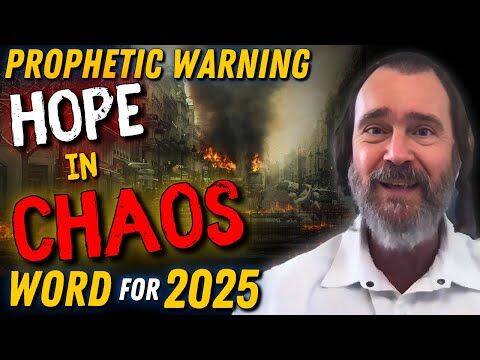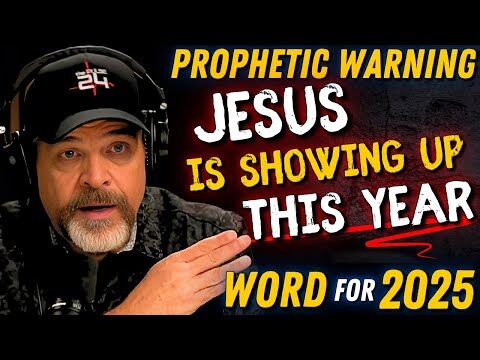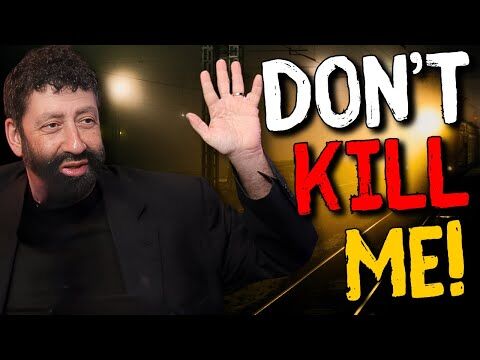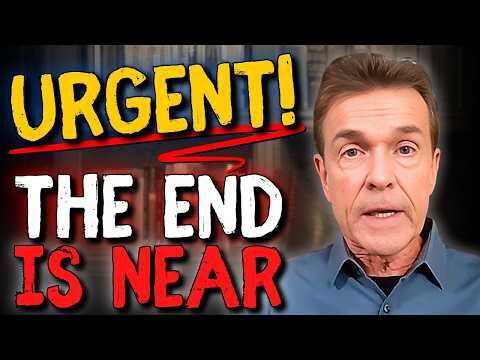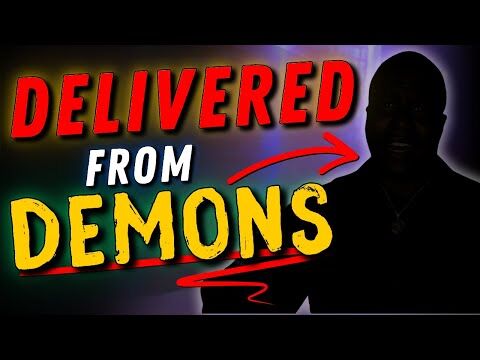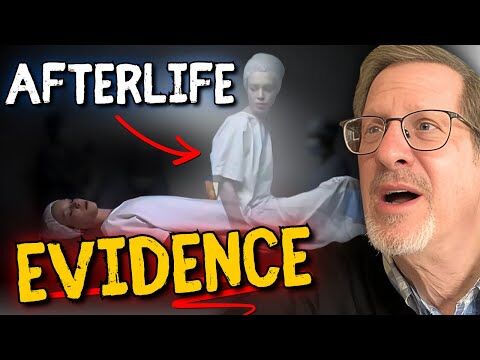Are you willing to let your church die for the sake of kingdom advance? Or are you so locked in on local church growth that the region you are assigned to suffers?
Is it possible that the vast majority of churches in our nation are dead-end churches? As you continue to read, you’ll come to understand that many of the most vibrant, focused and Spirit-filled churches would be considered to be dead-end churches, or their cousin, a cul-de-sac church.
Millions are assessing the current state of the church in America and the Western world—and they are right—it’s in trouble. The church is so far off course that one might wonder if there’s hope at all.
While these millions are correct in their analysis, many of them are wrong in their response. They have left the church they have deemed to be in violation of God’s design and have isolated themselves and self-identified as “the church” presuming their action moves them closer to revival. It doesn’t.
The Governmental Church Is the Key to Revival
I often write and teach on the church, and my reasoning is simple. It’s not because I am advocating for a better, more vibrant and impacting church experience (though I wouldn’t be opposed to that). It’s because the regional church, and the local churches that make it up, are the governing bodies and the way they function is critical. The church is the authority in the region and unless it’s set up correctly, the hopes for revival can begin to fade away.
I’m not saying that a spark of revival can’t ignite through small groups of believers who are going deep in prayer and crying out for an outpouring. It absolutely can. Historically it has happened more than once. However, that small group can’t govern, can’t administrate and can’t facilitate the outpouring. While you may argue that no man has any business governing a move of God, you’d be wrong. God has set up the church as a governmental authority that not only has the responsibility but also the ability, if truly consecrated, to push back the enemy. It can make room for God and create healthy, Spirit-designed systems that both protect what God is doing and promote His activity throughout the region—and beyond.
A Dead-End Church Defined
As I explained above, dead-end churches can be full of life, active in outreach, aggressive in their mission and growing. In fact they can sometimes become very large, which very well may be a false positive for spiritual health. Growth and vibrancy aren’t the problem. It’s the vision and/or the implementation of that vision that can become poisonous.
Simply, if the focus is local church growth ahead of regional kingdom advance, they have become compromised.
The pastor or governmental leader of that local church must have clarity on the vision, and it absolutely must be centered on regional impact. What this means is that their own desires for local church growth must be set aside as they give their energies to revival in the city God assigned them to.
Drawing and keeping visitors, growing in influence, developing local programs and ministries and other in-house focuses are put on the back burner, or sometime back on the shelf entirely, as their mandate has them focused regionally. A move of God in their city becomes the main thing.
A Cul-de-sac Church Defined
A cul-de-sac is a dead end too, but it has a different vibe. While a dead-end church may be extremely focused on (misguided) vision, a cul-de-sac church is focused on family. Relationships. Togetherness.
Imagine a nice neighborhood with a safe and lively cul-de-sac. The kids are out playing; neighbors are talking amongst themselves, barbecuing, laughing and eating; and everybody is truly enjoying spending time together.
I am more convinced than I’ve ever been that “family style” churches need to give way to true, apostolic, Spirit-filled movements made up of warriors who are contending for fire. The church is a military, not a vehicle for friend-building. The call is to surrender all, to die to self, to cry out for God to move and to advance with a fervency that will cause the enemy to shudder.
It’s in the foxhole of kingdom war where true friendships are forged. Simple social gatherings won’t cut it. We are under attack and we need warriors to assault the kingdom of darkness with ferocity. This, friend, is the church.
Let Your Church Die
Pastor, you have to be OK with letting your church, in its current form, die.
Two times in my nearly 30 years of ministry I made a conscious decision to let my church die. Both in Colorado and in Detroit I had heart-wrenching meetings with God as He instructed me to go deeper, to pray more intentionally and to invite the people on the journey with me.
In Colorado, we were in a time of momentum and I’m convinced, as were others, that we had what it took to grow the church to 500 people or more if we stayed the course. Understand, our church was intense and alive. The gifts of the Spirit were in play. The passion and vision were powerful. We weren’t a dead church by any means, but we were on our way to becoming a very vibrant dead-end church. The only way to avoid that was for me as the pastor to allow my vision and everything I was contending for to die, even if it meant my church would die along with it.
I knew without a shadow of a doubt that I had a clear choice: Continue as we were going and grow the church to 500 and beyond or obey God, become zeroed-in on intercession and revival, and drop in number possibly by 50-90%—or more. I knew I’d probably lose my salary and may have to find outside work. I knew people would be upset at the change in direction. I knew people who misunderstood my heart and calling would laugh and mock. I knew I was creating a very difficult situation for myself and my family. I also had peace. God wasn’t interested in my ability to grow a large church. He wanted my heart and my obedience.
In Detroit God gave me a directive to take people deeper, to come up against some destructive theologies and belief systems that many in the global church were adopting, and to focus on holiness and consecration, all from the furnace of intercession. I knew most people wouldn’t be interested in such a lifestyle, but I had no choice. Again, I had to obey God. Overnight we lost a large percentage of the people in the church and we shifted into exactly what God had for us—an army of warriors, small in number yet zealous in spirit, who weren’t looking for numerical growth, happy worship services or church as usual. They were a people who wanted nothing less than to be in the middle of God’s blueprint for our region. The thoughts of revival consumed us.
The point: Church growth, local church vision, a family style focus, financial strength or attracting and keeping visitors isn’t the goal. All of that, quite frankly, can compromise the goal of being a vehicle for regional kingdom impact. Frankly, the hundreds of people you are seeking may very well threaten your ability to fulfill God’s call on your life and for your church.
I would never change the decisions we made in Colorado or Detroit, even if it meant we would have grown a church of thousands. The model of a successful church has become quite skewed, and it’s time we let those ideals die and capture the heart of exactly what God is calling us into.
Stay tuned for Part 2 tomorrow!
















